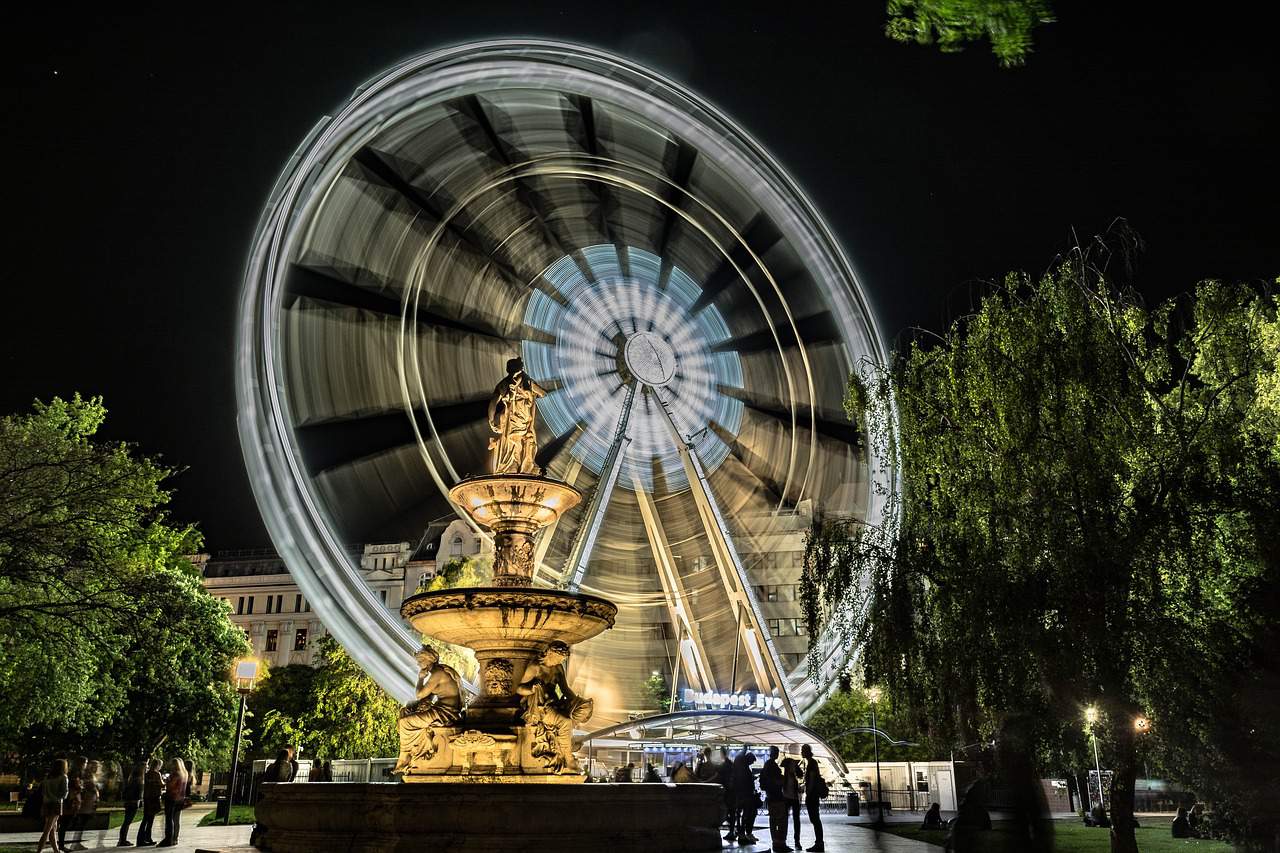Revolution of Bingo in Hungary

Gambling in Hungary has been legal and regulated since 1991 on leaving the Soviet Union. 11 licensed land-based casinos operate in the country—five of them in the capital, Budapest.
Online gambling, however, is a comparatively recent addition to Hungary’s gaming laws. In 2017, the first licensed dedicated online casino came into operation. Only the 11 licensed casinos can operate online but partnering with foreign companies is also permitted.
A preliminary ruling in 2018 found that the existence of this law on online casinos was in contravention of the EU treaty that declares the freedom to provide services. At the time of writing, the law is still in effect, but we may see changes should the EU apply more pressure.
Currently, on top of regular taxation, bingo is taxed at 7% of the monthly prize pool. This is much lower than the taxes applied to lottery type games and sports betting of which up to 25% is imposed.
Keno, which is categorised as a lottery game and has some similarities to bingo, is taxed at a higher rate. It is predicted providers will look to push their bingo services because the profit margins available are higher.
Bingo has undergone a 21st century renaissance worldwide. In the USA and parts of Europe, especially the UK, there is a long history with the game and recently, participation numbers have exploded.
As many as 100 million people play online bingo globally. In 2019 the UK online bingo market grew by a further 12.5% from the year before and was worth £198 million. Most Brits opt to play online due to the convenience and ease of access playing bingo online brings. Online operators such as 888 ladies bingo now have mobile compatible apps so players can play from both the comfort of their home as well as on-the-go.
The subsequent investment into the sector has seen providers looking to expand their reach to younger, burgeoning markets like Hungary. By far the most popular format for bingo is online.
A game of bingo is now typically played online.
Hungary doesn’t have the same cultural history with bingo as the UK does. This has worked to the advantage of online providers since they haven’t had to undergo an extensive rebranding process. Until recently, UK bingo halls were considered the domain of the elderly and the industry has had to work hard to attract younger players to the game.
- Hungary receives 17 million tourists yearly and the vast majority of these (80%) visit Budapest. A popular tourist activity in recent years has been the bingo bar crawls which wind their way through the bars of the city centre.
- The premise is such that each player receives a bingo card, and the numbers represent different challenges. Successfully completed challenges can be ‘daubed’ and a point is obtained for successful vertical, horizontal or diagonal lines—and bonus points for a full house.
- The challenges range from simple to outlandish but usually involve alcohol or some kind of public dare. Points accrued can be exchanged for t-shirts, club tickets or more alcohol and the crawl concludes at a nightclub.
- Bingo crawls are predominantly marketed at students and tourists with the guides hailing from a variety of European and global locations and their popularity is not representative of the Hungarian population’s interest in bingo. These events are also growing in popularity across Europe and the rest of the world, but the Budapest Bingo Bar Crawl has particular notoriety.
In countries—like Hungary—more recently introduced to bingo, partying and drinking is a common association.
Even in the UK and the USA that have nearly a 100-year history with the game, events like Bongo’s Bingo and Bingo Loco have gained in popularity. Bingo Loco markets itself as a 3-hour long interactive stage show while Bongo’s Bingo is more of a club night.
Bingo is now combined with party nights across Europe to attract and target a younger demographic.
While these new incarnations of bingo seem completely removed from the original format, they are responsible for a younger generation of Europeans becoming more aware and interested in the game. Even the increased usage of the term ‘bingo’ helps to draw new players to online bingo sites and apps.
The advent of the internet combined with the fact that almost half the global population now have smartphones in their hands, has opened up the online casino and gaming markets to more people than ever before. 75% of Hungarians now own a smartphone. This is a dramatic shift from 5% only 10 years ago.
Hungary also has more relaxed laws concerning gambling companies advertising at sporting events. Nationwide sporting events with high viewing figures are effective ways to promote online gaming businesses.
The Gambling Supervisory Board (SZF) regulates gambling throughout the country, including online providers. The SZF have traditionally been somewhat conservative with legislation surrounding gambling with the majority of activity being controlled by the state. This has begun to change—the fourth licensed online casino opened in 2021.
A considerable percentage of the Hungarian gambling sector operates as a grey market. Like many countries cryptocurrency casinos are unregulated but with such a limited number of traditional providers, many gamblers turn to unregulated foreign services.
While Hungarians already enjoy bingo in smaller numbers, the country is set to be one of the next potential growth markets.

